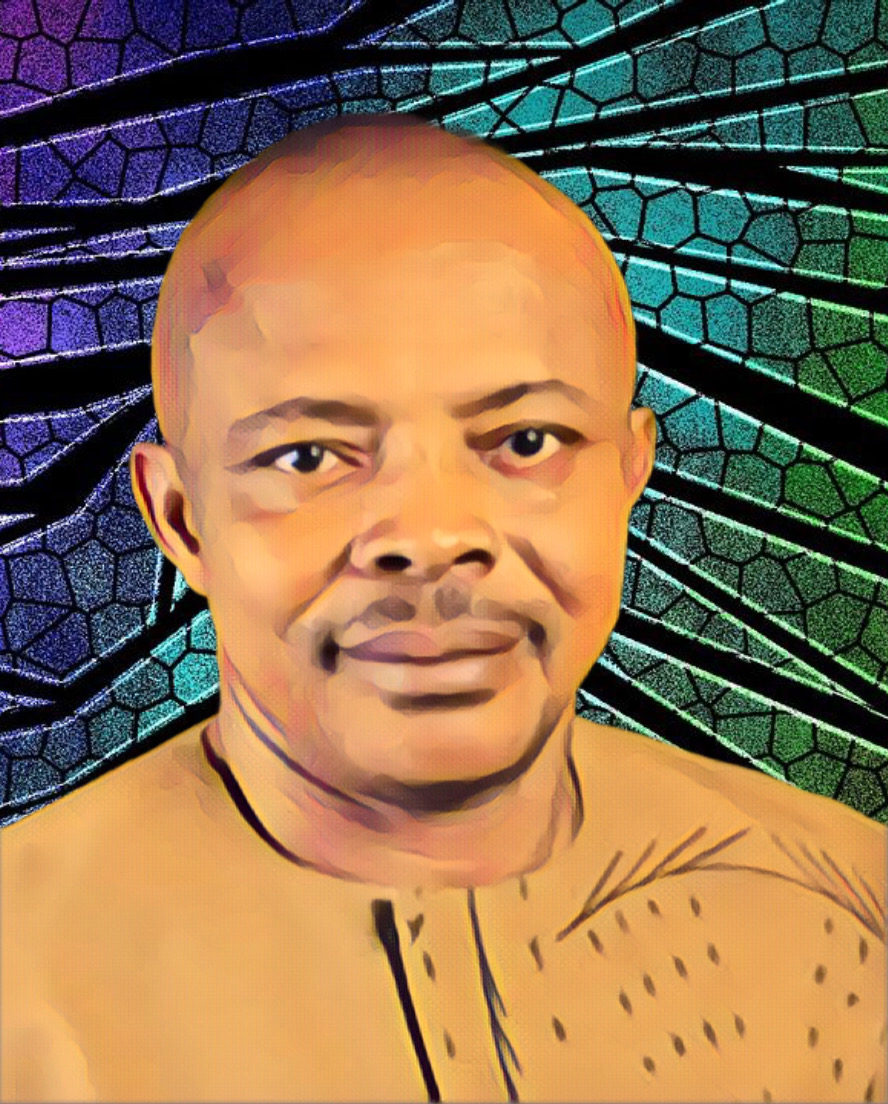In a recent discourse on the state of Nigeria’s power sector, Joe Ajaero, the President of the Nigeria Labour Congress (NLC), voiced strong opposition to the recommendations made by the International Monetary Fund (IMF) and the World Bank regarding the removal of electricity subsidies in Nigeria. During the 7th Quadrennial/12th Delegates Conference of the National Union of Electricity Employees (NUEE) held in Enugu, Ajaero criticized these international financial institutions for their advice, which he believes has negatively impacted the nation’s power sector and overall economic development.
Ajaero’s critique comes at a time when Nigeria grapples with a chronic power shortage, managing a mere 4,000 megawatts of electricity despite substantial investments amounting to billions of naira over the years. He argues that the advice from the IMF and the World Bank, which also extends to the removal of fuel subsidies and the devaluation of Nigeria’s currency, has not only hampered the nation’s power sector but has also affected its economic stability and growth. The NLC President questions the motives behind these recommendations, contrasting them with policies in countries like the United States, where subsidies in certain sectors remain untouched.
Amid these criticisms, electricity workers and their representatives have called on the Federal Government to pivot towards renewable energy sources. This transition, as advocated by Martin Uzoegwu, the National President of NUEE, is seen as a critical step towards addressing climate change and advancing Nigeria’s energy sector. Uzoegwu emphasizes the importance of renewable energy in replacing fossil fuels, thereby contributing to global efforts against climate change and moving towards a sustainable energy transition.
Furthermore, Uzoegwu highlighted the need for a comprehensive review of the power sector’s privatization, labeling the initiative as a failure in meeting the energy demands and tariff expectations of the Nigerian populace. He argues that the government’s oversight role was compromised, allowing private investors to exploit consumers without delivering the promised improvements in power supply and infrastructure.
The conference also featured insights from Sule Abdulaziz, the Managing Director/CEO of the Transmission Company of Nigeria (TCN), who underscored the critical role of the power sector in driving economic development. Abdulaziz’s comments reflect a consensus on the necessity for collaborative efforts and innovative thinking in addressing the challenges facing Nigeria’s power sector.
The discourse at the NUEE conference serves as a stark reminder of the complex dynamics at play in Nigeria’s power sector. The criticisms leveled against the IMF and the World Bank by Ajaero and others highlight a broader skepticism towards external economic prescriptions that seem misaligned with Nigeria’s socio-economic realities. The call for a transition to renewable energy and a reevaluation of the power sector’s privatization process underscore a growing awareness of the need for sustainable and inclusive approaches to energy policy and economic development. These issues demand thoughtful consideration and strategic action to ensure that Nigeria’s energy policies support the nation’s development goals and the well-being of its citizens.
In conclusion, the perspectives shared by Ajaero, Uzoegwu, and Abdulaziz at the NUEE conference illuminate the multifaceted challenges confronting Nigeria’s power sector. Addressing these issues will require a balanced approach that considers the economic, environmental, and social dimensions of energy policy. As Nigeria strives to enhance its power infrastructure and meet the energy needs of its population, the insights from this conference may serve as a valuable guide for policymakers, industry leaders, and international partners in their collaborative efforts to secure a sustainable and prosperous future for Nigeria.



